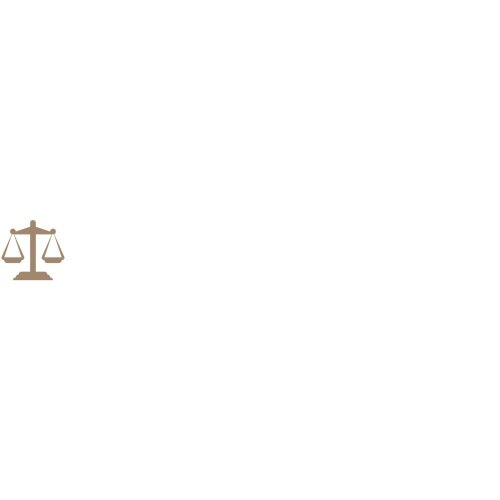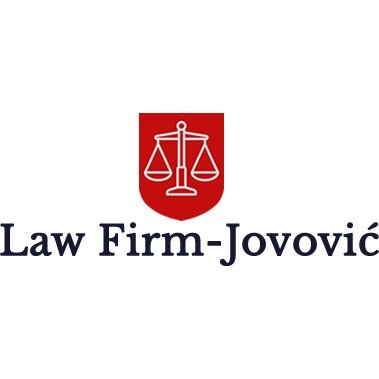Best Land Use & Zoning Lawyers in Podgorica
Share your needs with us, get contacted by law firms.
Free. Takes 2 min.
Free Guide to Hiring a Real Estate Lawyer
List of the best lawyers in Podgorica, Montenegro
About Land Use & Zoning Law in Podgorica, Montenegro:
Land use and zoning laws in Podgorica, Montenegro, govern how land can be utilized and developed within the city. These laws determine the permissible uses of different types of land, such as residential, commercial, industrial, and agricultural. Zoning regulations also establish restrictions on building heights, setbacks, lot sizes, and other aspects of development to ensure that the city develops in an organized and sustainable manner.
Why You May Need a Lawyer:
You may need a lawyer specializing in land use and zoning in Podgorica if you are planning to develop or redevelop a property, encounter zoning violations, disputes with neighbors over land use issues, or seek variances or special permits. A lawyer can help you navigate the complex legal requirements, obtain necessary approvals, and resolve disputes effectively.
Local Laws Overview:
In Podgorica, Montenegro, land use and zoning regulations are primarily governed by the Spatial Urban and Development Plan, local zoning ordinances, building codes, and other relevant laws and regulations. These laws outline zoning districts, development standards, land use restrictions, and procedures for obtaining permits and approvals.
Frequently Asked Questions:
1. What is zoning?
Zoning is a legal mechanism that divides a city into different zones or districts, each with specific permitted land uses and development regulations.
2. Can I change the zoning of my property?
Changing the zoning of a property typically requires approval from the local government through a rezoning process.
3. What are variances?
Variances are exceptions to zoning regulations granted for specific hardships or unique circumstances that would make strict compliance impractical.
4. What is a conditional use permit?
A conditional use permit allows for a land use that is not permitted by-right in a zoning district but may be allowed with certain conditions and restrictions.
5. How can a lawyer help with land use and zoning issues?
A lawyer can provide legal advice, represent you in zoning hearings, negotiate with local authorities, and handle disputes related to land use and zoning matters.
6. What are common zoning violations?
Common zoning violations include building code violations, illegal land use, setback violations, and exceeding height restrictions.
7. How do I apply for a building permit?
To apply for a building permit, you typically need to submit detailed plans and specifications to the local building department for review and approval.
8. What is a setback?
A setback is the distance required between a building or structure and the property line, road, or another building.
9. How can I find out the zoning of a property?
You can find out the zoning of a property by checking the official zoning map of the city or contacting the local planning department.
10. Can I appeal a zoning decision?
Yes, you can typically appeal a zoning decision to a zoning board of appeals or a similar body within a specified timeframe.
Additional Resources:
For more information on land use and zoning in Podgorica, Montenegro, you can consult the Ministry of Sustainable Development and Tourism, the Podgorica Planning Department, or local attorneys specializing in land use and zoning law.
Next Steps:
If you require legal assistance with land use and zoning issues in Podgorica, it is advisable to consult a qualified attorney with expertise in this field. A lawyer can assess your situation, provide guidance on the applicable laws and regulations, and help you navigate the legal process effectively.
Lawzana helps you find the best lawyers and law firms in Podgorica through a curated and pre-screened list of qualified legal professionals. Our platform offers rankings and detailed profiles of attorneys and law firms, allowing you to compare based on practice areas, including Land Use & Zoning, experience, and client feedback.
Each profile includes a description of the firm's areas of practice, client reviews, team members and partners, year of establishment, spoken languages, office locations, contact information, social media presence, and any published articles or resources. Most firms on our platform speak English and are experienced in both local and international legal matters.
Get a quote from top-rated law firms in Podgorica, Montenegro — quickly, securely, and without unnecessary hassle.
Disclaimer:
The information provided on this page is for general informational purposes only and does not constitute legal advice. While we strive to ensure the accuracy and relevance of the content, legal information may change over time, and interpretations of the law can vary. You should always consult with a qualified legal professional for advice specific to your situation.
We disclaim all liability for actions taken or not taken based on the content of this page. If you believe any information is incorrect or outdated, please contact us, and we will review and update it where appropriate.













